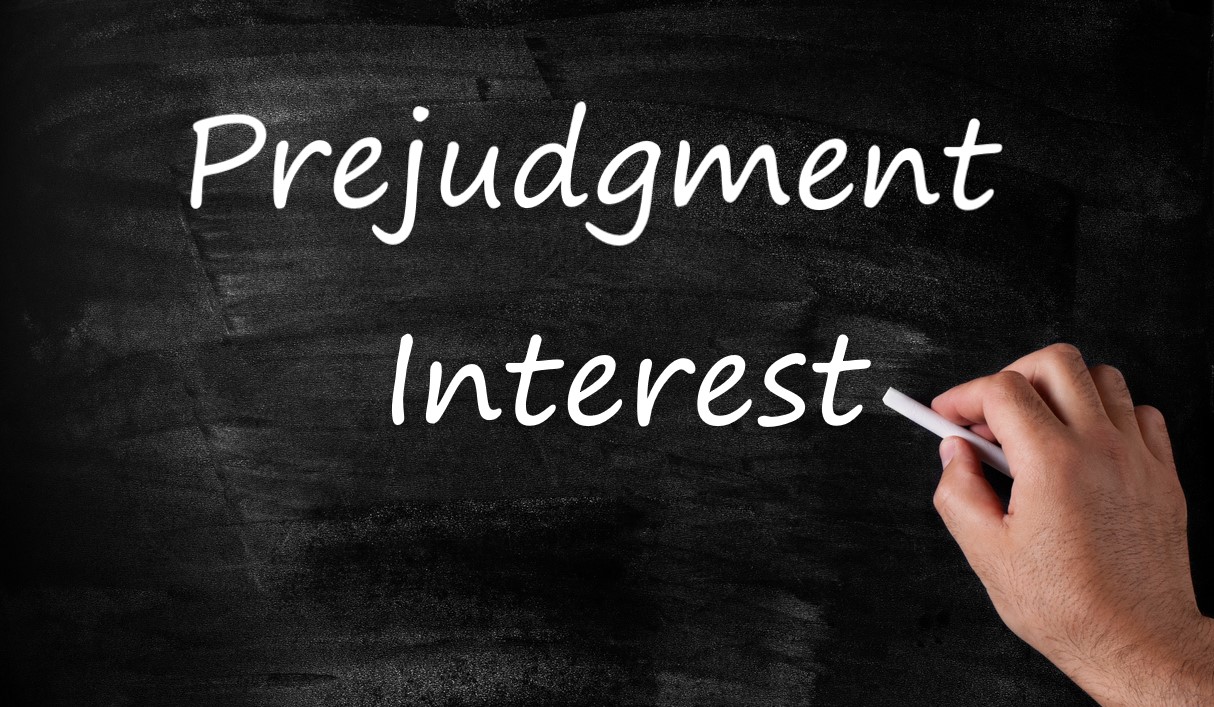On July 5, 2017, the Second Department gave a very meaningful win for insureds. In McBride v. New York Property Insurance Underwriting Association,1 Nor’easter Nemo struck the insured’s home causing a failure of the electrical system. The failure of the electrical system caused water pipes in the home to burst, causing water damage. New York Property Insurance Association (NYPIUA) denied the claim in its entirety.
The 2nd Department stated the Supreme Court properly ruled that the policy exclusion for the breakage of water pipes is only applicable to the named peril of “Explosion,” and does not apply when a windstorm causes the damage.
More importantly, the court also ruled that the insured’s seventh cause of action, which alleged breach of the implied covenant of good faith and fair dealing, was not duplicative of the breach of contract cause of action. This is a sharp turn from previous New York rulings which have dismissed most, if not all of these claims by insureds claiming they are duplicative. Having an additional count dealing with the implied covenant of good faith and fair dealing preserves the argument for consequential damages and other extra-contractual damages.
Good faith claims handling has been a difficult legal fight in New York given the pro-insurer case law. Cases like Bi-Economy Market v. Harleysville Insurance Company,2 Panasia Estates v. Hudson Insurance Company,3 and this case give insureds hope the playing field is becoming a little more even.
I leave you with a quote from a retired Justice of the Constitutional Court of South Africa regarding severability, “If the good is not dependent on the bad and can be separated from it, one gives effect to the good that remains after the separation if it still gives effect to the main objective.”
______________
1 McBride v. NYPIUA, 152 A.D. 3d 505 (2nd Dept. 2017).
2 Bi-Economy Market v. Harleysville Ins. Co., 10 N.Y.3d 187 (2008).
3 Panasia Estates v. Hudson Ins. Co., 10 N.Y.3d 200 (2008).



